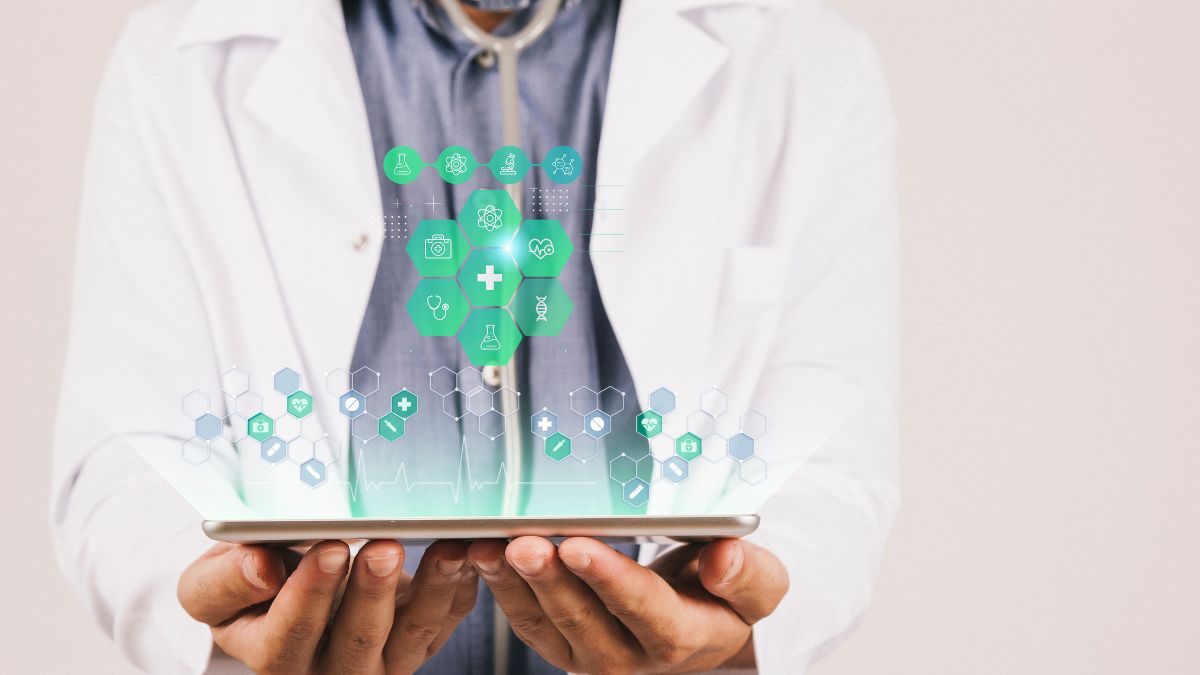In 2025, the healthcare industry is undergoing a transformation—and data science is at the heart of it. With massive volumes of patient data now available through electronic health records, wearables, and diagnostic tools, healthcare organizations are turning to data-driven insights to improve outcomes, reduce costs, and personalize care like never before.
Gone are the days when decisions in hospitals and clinics were made solely on experience or intuition. Today, healthcare analytics powered by data science is enabling early disease detection, predictive risk modeling, and real-time patient monitoring. For example, machine learning algorithms can now flag high-risk patients before symptoms escalate, helping doctors intervene proactively. Hospitals are using data to predict patient admission rates, optimize staffing, and reduce wait times—all while improving the patient experience.
In 2025, precision medicine is no longer just a buzzword. By analyzing genetic data alongside lifestyle and environmental factors, data scientists are helping tailor treatments to individual patients, increasing efficacy and reducing adverse reactions. AI-driven diagnostic tools are also becoming more accurate, assisting radiologists in detecting abnormalities in scans with greater precision than ever before.
Behind these innovations are teams of Data Scientists, Analysts, and Interpreters who understand both the science and the story the data tells. Their role is critical—not just in building predictive models, but in translating complex findings into actionable insights for healthcare providers, administrators, and policymakers.
What’s particularly exciting is that breaking into this impactful field is now more accessible than ever. Whether you’re a biology graduate, a professional returning after a career break, or someone looking to switch from another industry, an online Data Science course can be your entry point. These programs are designed to teach you how to work with real healthcare datasets, understand medical data privacy laws, and use tools like Python, SQL, and machine learning—all at your own pace.
With flexible learning paths, hands-on projects, and industry-relevant case studies, online courses prepare you for the real challenges of healthcare analytics. And with the global demand for skilled data professionals in healthcare continuing to grow, now is the ideal time to make the leap.
In a world where every heartbeat, prescription, and scan generates valuable data, those who can interpret and apply that data will shape the future of healthcare.











